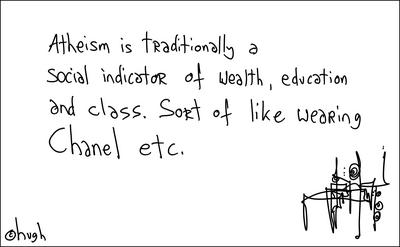
[Click on image to enlarge/download/print etc. Licensing terms here etc.]
 The Gapingvoid Email - free insights & inspiration three times a week!
The Gapingvoid Email - free insights & inspiration three times a week!
wpDiscuz
 The Gapingvoid Email - free insights & inspiration three times a week!
The Gapingvoid Email - free insights & inspiration three times a week!